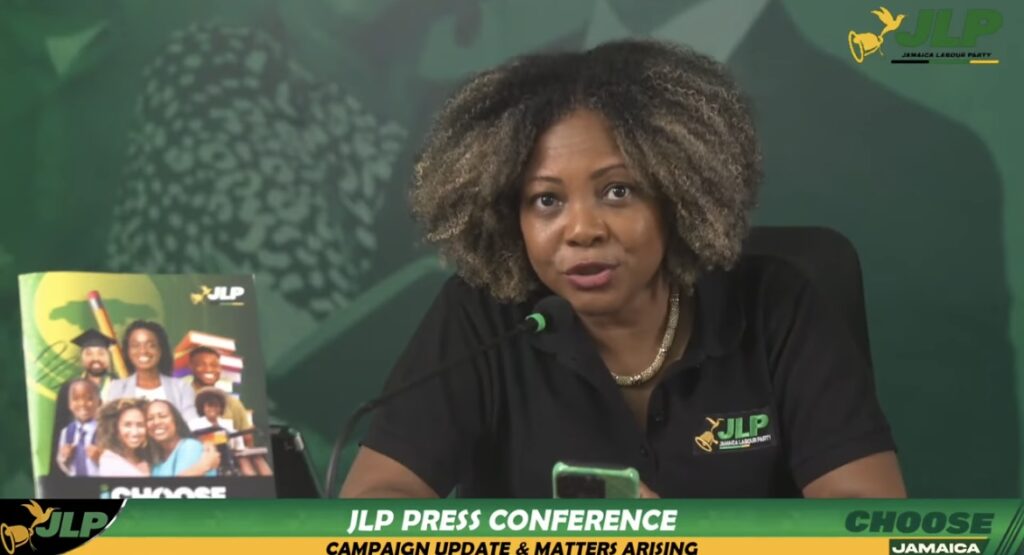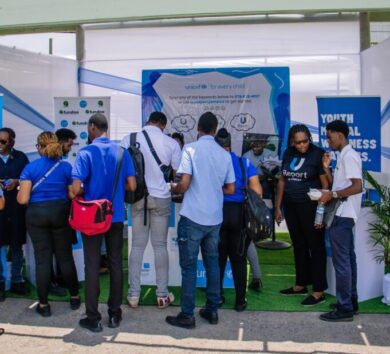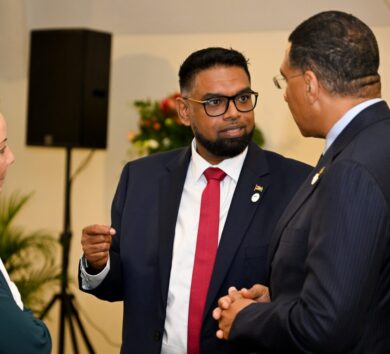

Minister of Education Dana Morris Dixon, on Monday, unveiled an ambitious set of education and youth development initiatives, insisting that the Jamaica Labour Party (JLP) has both listened to and acted on the concerns of young Jamaicans.
Speaking at a JLP press conference, Morris Dixon emphasised that the party’s manifesto was shaped by extensive consultations with student guilds, councils, and youth leaders.
“When I looked back at the notes, almost everything young people asked for is in our manifesto,” she said. “This is a government that actually listens.”
Among the policies highlighted was the Tertiary LEAP programme, designed to provide students with apprenticeships and opportunities to earn while studying. Morris Dixon revealed that the idea came directly from student leaders and has already been written into the manifesto.
She also underscored the government’s commitment to youth representation, noting that every government board now includes a member under the age of 35.
On apprenticeships, Morris Dixon pointed to the rollout of a new hospitality programme in partnership with Sandals Resorts, which opened applications shortly after Prime Minister Andrew Holness announced it in his budget presentation. “We don’t just announce things. We implement them,” she stressed, promising similar partnerships across other industries.
Turning to the education sector, Morris Dixon described the new school year as “a moment of pride” for the administration. She noted that school allocations were disbursed early, a significant departure from past years when principals often complained of delays.
The minister outlined several flagship initiatives in the JLP’s manifesto on education, signalling that education would remain a top priority if the party secures a third term.
Key measures include:
- Special focus on boys’ education, with tailored interventions to close the gender achievement gap.
- Teacher welfare upgrades, including a nationwide staff room renovation project.
- Enhanced literacy programmes, such as timetabled reading for grades one to three and the distribution of Jamaican storybooks to primary schools.
- Expanded special needs support, with new facilities, diagnostic centres, and departments across schools, beginning with a centre at CASE in Portland.
- Nutrition programmes, extending breakfast and lunch to all students in underperforming schools, supported by a $9 billion allocation.
- Infrastructure investments, including $300 million for new school furniture and $100 million to tackle termite infestations.







Comments